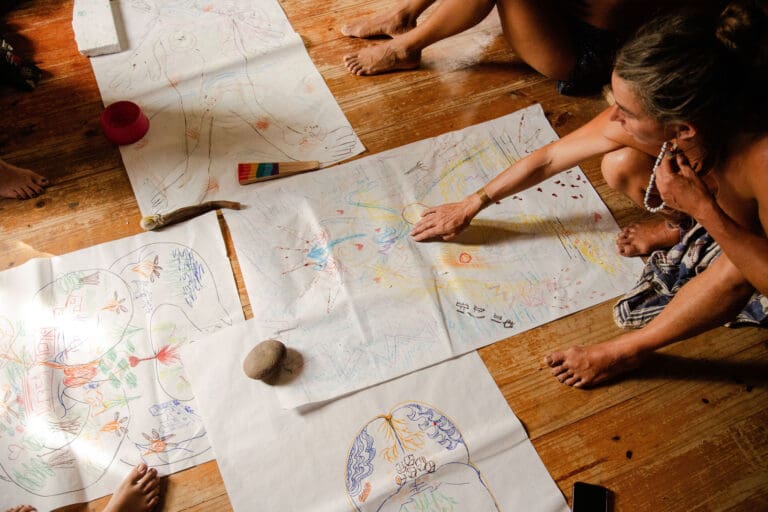We’re a quarter of the way through the 21st century, yet the world still faces a series of water crises. Fresh water, in appropriate amounts, of the right quality, and at an affordable price, is a human right – so declared by the UN in 2010 – but billions of people still lack adequate water and sanitation. Climate changes are altering the frequency and intensity of droughts and floods. Water needed for basic ecosystem health is polluted or taken for human uses. And violence over access to water, or violence against water and water infrastructure is on the rise. Each of these issues is part of the global “polycrisis” – the interlocking challenges around water, energy, poverty, human rights, equity, and ecosystem health.
These are the challenges tackled by the Pacific Institute in Oakland, California, perhaps the most effective non-governmental organization doing integrated research, communications, and advocacy around water. A recent award from the Omega Resilience Funds to the Institute has permitted the Institute to expand our work on water, peace, and security, with a focus on tracking and documenting violence over water and developing strategies to reduce that violence.
In 2023, we completed a major update to the comprehensive Water Conflict Chronology – an open-source database on water conflicts extending from 2500 BCE to the present. This database now includes over 1600 entries cataloging water as a trigger, casualty, or weapon of conflict, and is being used by the United Nations, non-governmental groups working on conflict prevention, academic researchers, defense and intelligence agencies, and journalists around the world.
The work of the Institute has identified a clear increasing trend in water conflicts over the past two decades, including violence between nations that share watersheds, subnational violence between rural and urban water users, and growing attacks on civilian water infrastructure during conflicts in the Middle East and between Russia and Ukraine. When the update was released in November 2023, it received major coverage with lead stories in The Guardian and the Los Angeles Times, an op-ed in The Guardian, and coverage from other outlets. Overall in 2023 our work on these issues was cited, quoted, or covered in 469 separate media reports, from 415 individual outlets (newspapers, radio, TV) in 23 different countries: a remarkable communications success.
Because of our efforts in this area, we’ve also been inundated with requests to address the attacks on water systems in the Ukraine, the new crisis in Gaza with a focus on the water systems there, and the role of international humanitarian law as a tool for reducing water-related violence.
This year will also be a key time to continue work in this area: The UN has declared 2024 to be the year of Water and Peace; separately, Stockholm World Water Week – the most important international annual water meeting – is themed as water for peace and cooperation. We are bringing our work to both agendas and intend another update of the database.
More information about the work of the Pacific Institute can be found here.



